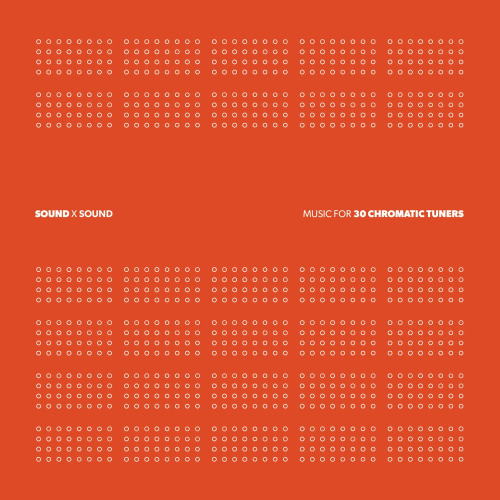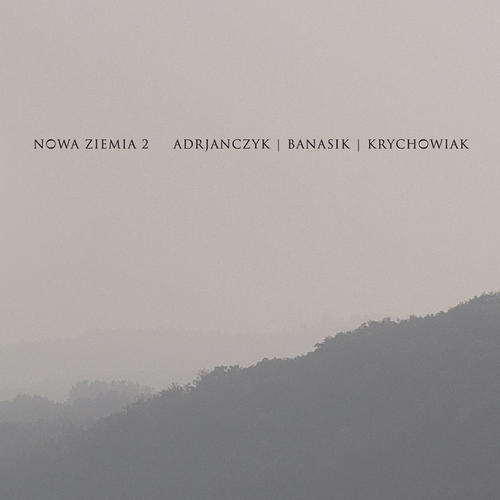Label: Mute Format: CD
 There’s no doubting Diamanda Galás’s intensity, integrity or innovation; more than anyone else, she not only bridged the underground-overground divide while such tactics were still relevant, but has created some truly spell-binding works of lasting impact on the subject of AIDS in Plague Mass. Malediction and Prayer is a record of her global performances in 1996-7, showcasing her dynamic range to full effect through a series of interpretations of songs previously rendered by (among others) Johnny Cash, The Supremes and BB King, as well as the poetry of Baudelaire, Pasolini and Salvadorean revolutionary Miguel Mixco.
There’s no doubting Diamanda Galás’s intensity, integrity or innovation; more than anyone else, she not only bridged the underground-overground divide while such tactics were still relevant, but has created some truly spell-binding works of lasting impact on the subject of AIDS in Plague Mass. Malediction and Prayer is a record of her global performances in 1996-7, showcasing her dynamic range to full effect through a series of interpretations of songs previously rendered by (among others) Johnny Cash, The Supremes and BB King, as well as the poetry of Baudelaire, Pasolini and Salvadorean revolutionary Miguel Mixco.
Covering her usual subject areas of pain, death, salvation and redemption, the twelve songs selected for the CD reveal Galás’s remarkable voice across the spectrum of emotional register, from the depths of ‘Death Letter’ to the soulful yearning of ‘My World is Empty Without You’. The passion is undeniably intense, the piano arrangements sparse and chilling, with a high level of recording quality throughout. No-one else could have possibly delivered this heightened aura of intensity (save perhaps the late Nusrat Fateh Ali Khan) which reaches operatic levels of voice projection, and thankfully without the kitsch element opera involves.
The problem remains, despite the definitively millennial treatment given to the pieces here, there is only so much of this sort of thing that can be borne by the listener. Taking the repeated entreaties of “Save me!” in ‘Insane Asylum’ as the moment where Galás deploys her talent for unparalleled glossolalia in a manner familiar from previous works as the peak of the album, there are too many longeurs, however well-delivered, composed of moments which, however much they redefine the Blues, or express anguish convincingly in a world of pain and despair, fail to retain interest for very long. Worthy and profound as the sentiments may be, despite the supreme confidence and passion of the songs’ delivery, what remains is a draining rollercoaster of misery. As much salvation as there might be, whatever the peaks of redemption and the glimpses of hope revealed, how many times can this be endured?
Perhaps the best thing to do is to enter into the emotional landscape presented, surrender to the tides of passion, and emerge the other side, enervated and spellbound. Not an easy journey, nor should it be, but the nagging ghosts of twentieth century despair need to be exorcised by someone, and maybe Galás is the woman to do it, and do it well.
-Freq1C-



